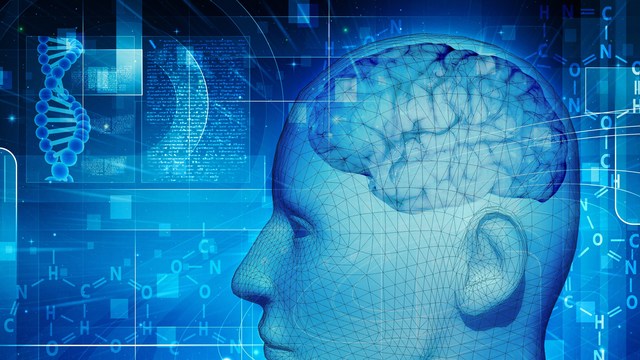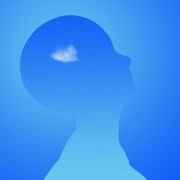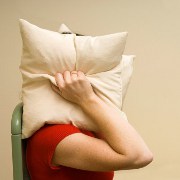 Dmytro Tolokonov/PhotoSpin
Dmytro Tolokonov/PhotoSpin
Each year in the United States, 1.4 million people experience a traumatic brain injury, a type of acquired brain injury, according to the National Institutes of Neurological Disorders and Stroke.
A traumatic brain injury, or TBI, happens when something causes a sudden trauma to the head, resulting in brain damage. For example, an individual may develop a TBI after a fall or an automobile accident.
There are varying degrees of severity with a TBI. The most minor type of TBI is a concussion. The National Institutes of Neurological Disorders and Stroke stated that a concussion is also the most common form of TBI.
A concussion can occur when a moving object hits the individual’s head or when the individual’s head hits an object. A loss of consciousness may or may not occur.
Several symptoms can occur with a concussion. For example, an individual may have amnesia for the events that happened before the injury or right after its occurrence. An individual with a concussion may act confused, have a headache, or experience nausea and vomiting.
Some concussion symptoms are warning signs of an emergency. If an individual is exhibiting unusual eye movements, balance problems, unequal pupils, seizures, repeated vomiting or persistent confusion, seek immediate medical attention.
Because the symptoms of a concussion can vary from mild to severe, the recovery for an individual can vary. For example, MedlinePlus noted that during recovery, the individual may be very tired, withdrawn, less tolerant of noise and easily upset. She may also have mild headaches and difficulty with concentration.
How severe the concussion symptoms are also impacts the time of recovery. In a study conducted at Boston Children’s Hospital and University of Pittsburgh Medical Center, researchers looked at the risk factors for longer recovery times.
The study included 182 children who had sustained a concussion. They were seen at a sports concussion clinic within three weeks of having the injury, and they filled out a Post-Concussion Symptom Scale, which measures the severity of 22 concussion symptoms.
The researchers divided the 182 participants into two groups: symptom-free by 28 days post-injury, and still experiencing symptoms 28 days later. They found that the higher the score on the Post-Concussion Symptom Scale, the higher the possibility was that the patient would have a longer recovery time post-injury.
With a sports-related concussion, it is imperative that the athlete not resume playing until she receives a medical evaluation. The Mayo Clinic noted that when an individual is experiencing symptoms, she should not engage in vigorous physical activity.
References
National Institutes of Neurological Disorders and Stroke. Traumatic Brain Injury: Hope Through Research. Web. 30 April 2013.
http://www.ninds.nih.gov/disorders/tbi/detail_tbi.htm
Mayo Clinic. Concussion. Web. 30 April 2013.
http://www.mayoclinic.com/health/concussion/DS00320/METHOD=print
MedlinePlus Medical Encyclopedia. Concussion. Web. 30 April 2013.
http://www.nlm.nih.gov/medlineplus/ency/article/000799.htm
Journal of Pediatrics Editorial. More Severe Concussion Symptoms Lead to Longer Recovery Time. Web. 30 April 2013.
http://www.jpeds.com/content/JPEDSMeehan
Reviewed April 30, 2013
by Michele Blacksberg RN
Edited by Jody Smith





Add a CommentComments
There are no comments yet. Be the first one and get the conversation started!